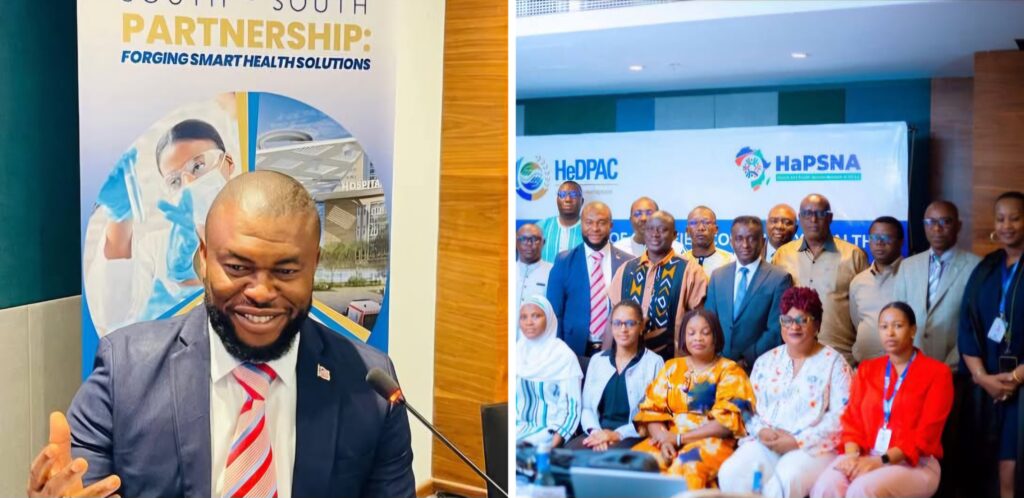The Chairperson of the Health and Public Service Network of Africa Dr. Josiah F. Joekai, Jr. has emphasized the urgency of harmonizing efforts across the continent to formalize and empower frontline health workers.
According to Dr. Joekai it is a foundational step in operationalizing its shared vision for a coordinated, country-led approach to community health.
Speaking at the opening of the Kigali’s meeting he stressed that the collective responsibility in institutionalizing the role of community health workers, who are often the first and sometimes the only point of contact for healthcare in remote and underserved communities is very key.
The CSA head told the gathering in Kigali that the frameworks are essential instruments for assessing and strengthening the capacities of vital health worker cadres including Community Health Services Supervisors (CHSSs), Community Health Assistants (CHAs), Community Health Promoters (CHPs), and Trained and Traditional Midwives (TTMs) across Africa.
Dr. Joekai highlighted Liberia’s progress since the Monrovia Conference when he said the country has initiated a structured transition of CHWs and long-serving volunteers onto its national payroll system through the National Community Health Program (NCHP).
The two-day meeting convenes ministers, policymakers, civil service leaders, development partners, and health experts from across the Central African Republic, Rwanda, and members of the founding states.
The CSA Boss spoke during the opening of The Health Development Partnership for Africa and the Caribbean (HeDPAC) and the Health and Public Service Network of Africa (HaPSNA) Consultative Meeting held in Kigali, Rwanda.
Among other things the meeting is focusing on the integration of Certified Community Health Workers (CHWs) into national civil service systems and advancing a robust framework for monitoring progress.
It also builds on the momentum generated by the landmark Regional Conference held in Monrovia in March 2025, where the HaPSNA framework was first developed and adopted by delegates from Sierra Leone, Burkina Faso, the Ivory Coast, and host country Liberia.
” Today, that framework is becoming a functional reality, with a strong emphasis on two key objectives: developing a comprehensive policy package to integrate CHWs into national civil service systems and finalizing the Delivery Maturity Index, a strategic tool to assess the effectiveness and responsiveness of national community healthcare delivery systems”, he emphasized.
The consultative meeting places a strong focus on inter-sectoral collaboration, especially between Ministries of Health and Civil/Public Service Agencies.
The insightful gathering is expected to focus on areas of discussion include salary alignment, wage structuring, and institutional recognition of CHWs as part of building long-term system resilience.


